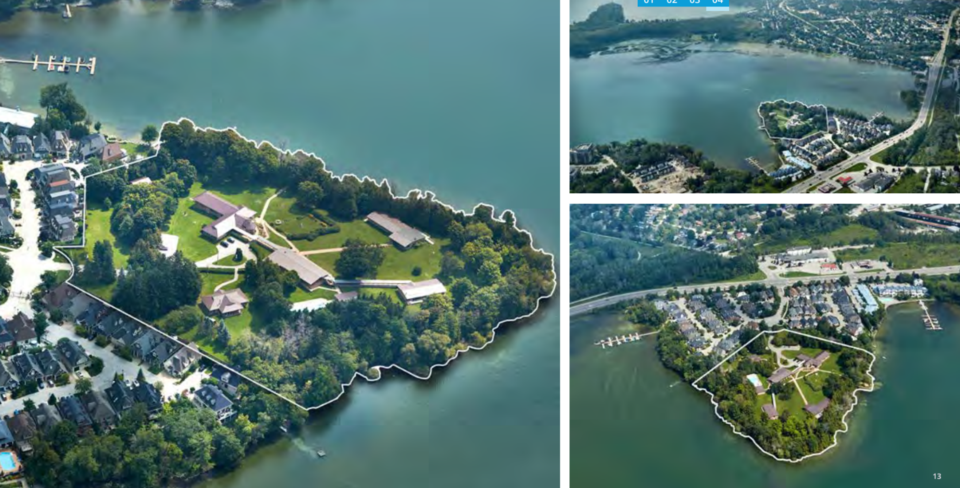BarrieToday welcomes letters to the editor at [email protected] or via the website. Please include your full name, daytime phone number and address (for verification of authorship, not publication). The following letter is in response to an article about the Sisters of St. Joseph retreat being put up for sale, published Sept. 28.
A reasonably large property, located on Invermara Court, is for sale or has been sold on the open market.
The property that is for sale is a point sticking out into Lake Simcoe. The property was in private institutional use and its likely future use is some form of residential development. The abutting lands went through the same transition and ended up as single-family houses under the Condominium Act.
The contemplated redevelopment of this rare waterfront property has triggered the writer to reflect on Orillia’s attitude towards public access to the two lakes — Lake Couchiching and Lake Simcoe.
I submit the city has done poorly in creating public access to the lakes as the lake frontages’ use changed over the last half-century. The city has missed a golden opportunity to create more public access. Such an opportunity will not come about again for a long time. The city owns a very small percentage of the lake frontage and not much additional waterfront land has been acquired by the city in the last 40 years, even as the lands were redeveloped. Other places like Midland have done better.
I am not certain why city council has not taken a more aggressive position to provide for the public good. Did council not have a vision of a great waterfront for the public or was council afraid that developers would take their money and go away? The latter is an empty threat. If there is demand, developers will not go away.
Danny Williams, former premier of Newfoundland and Labrador, proved this. He told the oil companies that did not agree to share the oil profits with the province “that companies not interested (to pay should) just move on. The oil is not going to go anywhere, and neither are we.”
The oil companies huffed and puffed but came back and paid. The same applies to developers. They threaten, but if the demand is there, they cooperate, and if the demand is not there, they do not build anyway.
There is currently much discussion on municipal boundary changes, residential intensification and growth. As part of this, city council should seriously look at how the growing population can enjoy the waterfront without crowding everybody on a few parcels.
Konrad Brenner
Ramara



